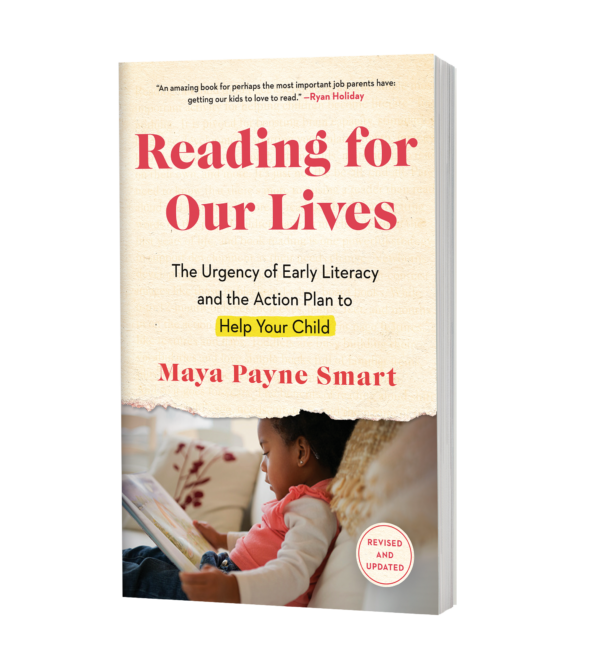I’m so excited to share my latest article in CNBC, “Kids who learn this 1 skill early on are highly successful in life.” It’s such a meaningful opportunity to reach a new audience and get evidence-based advice into the hands of as many parents and caregivers as possible.
In the piece, I dive into research-backed early literacy strategies that families can use right from the first stages of a child’s development. I highlight how simple, everyday interactions—like narrating your actions, having back-and-forth conversations, and weaving books naturally into daily routines—can make a powerful difference in a child’s reading journey.
For anyone committed to fostering early literacy and helping close achievement gaps, I hope this article serves as a practical, encouraging resource. I truly believe that small, intentional moments can lay the strongest foundation for a child’s future reading success.
Take a look and please share the article with anyone in your life who might benefit from the information.
The book distills key insights from my book, Reading for Our Lives: The Urgency of Early Literacy and the Action Plan to Help Your Child.
The key takeaway I shared in the article is that raising a strong reader isn’t just about cozy bedtime stories—it’s about weaving language and literacy into everyday life. Drawing on more than a decade of research and expert interviews, I explain that small, consistent interactions throughout the day lay the groundwork for reading success.
Early pre-reading and reading abilities predict long-term academic and career outcomes, so it’s crucial that parents and early caregivers nurture these skills from the start. Luckily, they can do this through simple, powerful early literacy strategies like responding to baby babble, asking questions and waiting for answers, and bringing kids’ attention to the letters of the alphabet and their sounds in daily life.
Successful parents also engage kids in playful language activities, such as rhymes and tongue twisters, which sharpen children’s ability to hear and manipulate sounds—a critical skill for reading. Importantly, they don’t reserve reading for bedtime; they seize opportunities to share books and printed words throughout the day, from mealtime to errands.
By making reading and conversation a natural, regular part of family life, parents help children build the strong language foundation necessary for literacy and long-term success.
Get Reading for Our Lives: The Urgency of Early Literacy and the Action Plan to Help Your Child
Learn how to foster your child’s pre-reading and reading skills easily, affordably, and playfully in the time you’re already spending together.
Get Reading for Our Lives

